Industry news
-
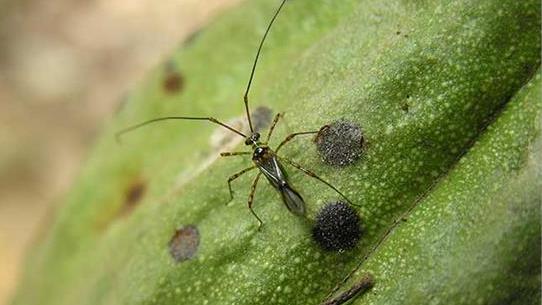
Tea mosquito bugs “eat” 400 billion farmers Lam Dong
Mr. Nguyen Van Son, Director of Lam Dong’s Department of Agriculture and Rural Development said that the damage caused by tea mosquito bugs on cashew in the province is estimated at 400 billion. In addition, tea mosquito bugs damage on some fruit trees such as durian, mangosteen, rambutan. The total area of the cashew nut was 29,245 hectares, of which 18,120 hectares were severely infected. In addition, the area of other fruit trees damaged including durian 2,339 ha, mangosteen 131…
Chi tiết » -
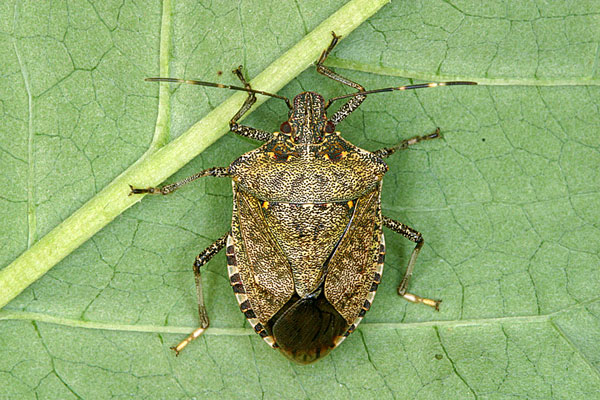
10 things to know about stink bugs
It’s that time of year again for stink bugs! The bugs chew up over 100 types of plants and crops, including shrubs, apples and various vegetables, and have caused major agriculture issues across the country. They’re often found around windows and doors inside homes. Make sure you resist the temptation to squash the bugs, unless you are curious about why these insects are called stink bugs. Make sure you seal cracks and other openings around door jams and windows with…
Chi tiết » -

Zika virus can trigger epilepsy
Beyond its known links to birth defects and other problems, the Zika virus may also trigger cases of epilepsy in infants, warn experts from the U.S. Centers for Disease Control and Prevention. Among 48 babies from Brazil with probable congenital Zika infection, “50 percent reportedly had clinical seizures,” said Dr. Daniel Pastula, Dr. Marshalyn Yeargin-Allsopp and Rosemarie Kobau. All three have studied Zika at the CDC, and co-wrote an essay on the Zika-epilepsy connection, published online April 17 in JAMA Neurology.…
Chi tiết » -

We may finally know how mosquitoes fly
Mosquitoes are blood-sucking, disease-carrying embodiments of annoyance in insect form. They’re also fascinating aerodynamic enigmas. Their flight behavior is, to put it simply, weird. The sweep of their wings is extremely shallow, covering only 44 degrees—honeybees, also considered to be very shallow fliers, move their wings at an angle of around 80 degrees. Mosquitoes also flap incredibly frequently, beating their wings against the air some 800 times per second. But how does that strange flapping translate into flight? A paper…
Chi tiết » -

It Only Takes One Person to Spread Harmful Invasive Pests
PIERRE, S.D. – The U.S. Department of Agriculture’s Animal and Plant Health Inspection Service has designated April as Invasive Plant Pest and Disease Awareness Month. According to USDA, each year, harmful invasive plant pests and diseases cost the United States about $40 billion in crop losses, damage to forests and vulnerable ecosystems and expensive eradication and control efforts. “People wonder if their individual actions really matter. The answer is yes,” said Dale Anderson, South Dakota Department of Agriculture plant quarantine…
Chi tiết » -
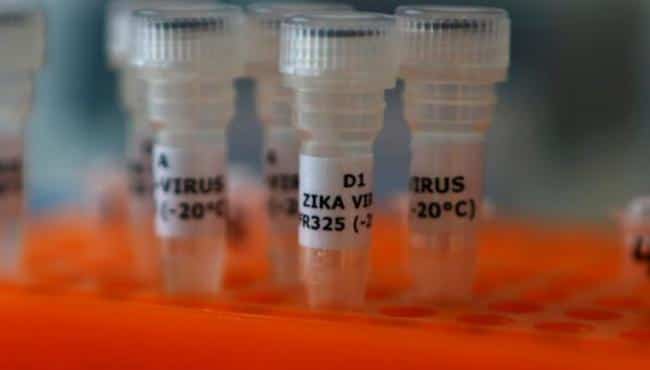
New Zika Vaccine Starts Wider Testing
Federal researchers said Friday they have started a new phase of testing a vaccine to protect against the Zika virus, which has been causing severe birth defects across the Americas. The $100 million trial will test the experimental vaccine in 2,500 volunteers in the U.S., Mexico, Puerto Rico, Brazil and other countries affected by the mosquito-borne virus, the National Institutes of Health said. “A safe and effective Zika vaccine is urgently needed to prevent the often-devastating birth defects that can…
Chi tiết » -

EPA Denies Activist Petition to Cancel Chlorpyrifos Uses
On March 29, the U.S. Environmental Protection Agency (EPA) Administrator Scott Pruitt signed an order denying a petition to ban the uses of chlorpyrifos, which is a valuable pesticide for agriculture use. Administrator Pruitt stated “By reversing the previous Administration’s steps to ban one of the most widely used pesticides in the world, we are returning to using sound science in decision–making–rather than predetermined results.” In November 2015, under a court order of the U.S. 9th Circuit, the Obama administration…
Chi tiết » -
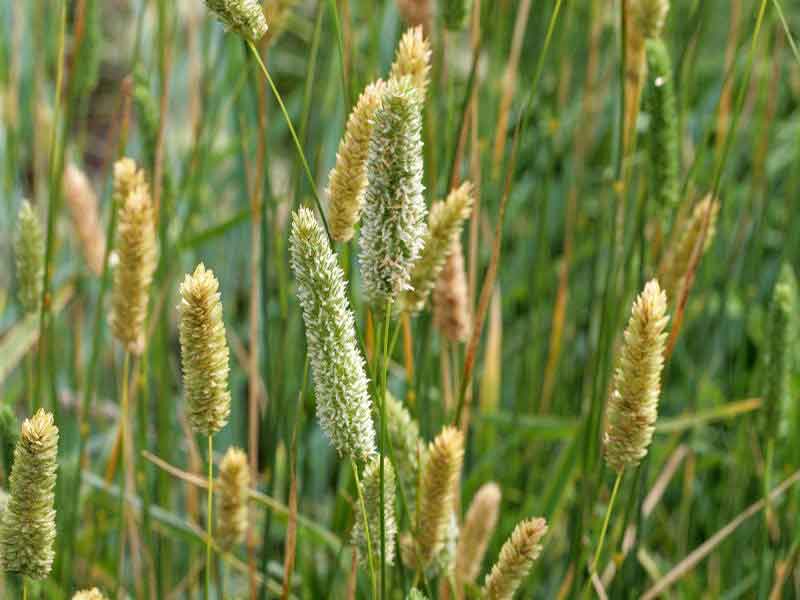
Plants have evolved a taste for sand that deters hungry insects
Getting sand in your mouth is an unpleasant experience – and plants seem to know it. Emerging evidence suggests that some plants cultivate a sandy taste to deter herbivores from eating them. Grasses have particularly high levels of silicon – sometimes in excess of 10 per cent of their dry weight – which they suck from the soil. They use some of this to make silica sand particles, which they deploy along their blades making them abrasive, unpalatable and tough to…
Chi tiết » -

U.S. Structural Pest Control Market Surpasses $8 Billion
The United States structural pest control industry is comprised of an estimated 19,820 pest control firms. Mild summer and winter weather, increased insect pest and rodent pressure, and expanded service offerings for public health pests like mosquitoes, appeared to aid the professional pest control industry this past year. The professional pest control industry generated an estimated $8.175 billion in total service revenue in 2016, a 4.6 percent increase from the $7.815 billion measured in 2015, according to the latest report,…
Chi tiết » -
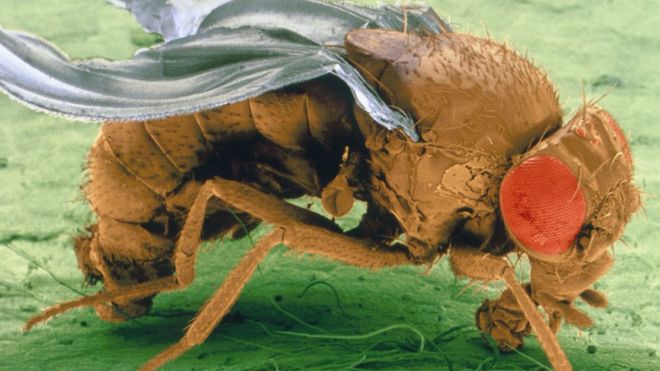
Warming world harming insects’ reproduction
A warming world harms insects’ ability to reproduce, which could have long-term consequences, scientists warn. UK researchers also found that insects in northern latitudes were more vulnerable than their southern-dwelling cousins. The team added that many insects were unable to move great distances while they are juveniles. Therefore, they are at risk from a warming climate. The findings have been published in the Journal of Evolutionary Biology. “You get an extreme heat weather event that [the insect] cannot escape from…
Chi tiết »
